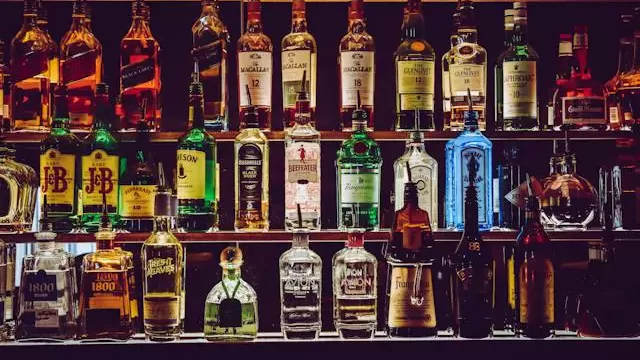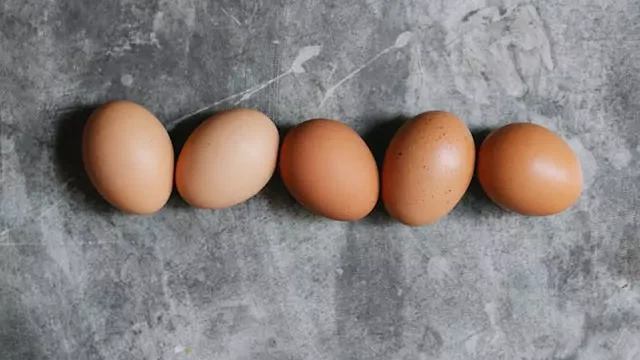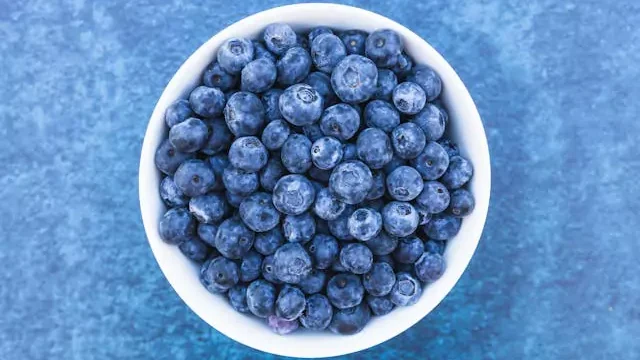Alcohol, a ubiquitous social lubricant and a source of relaxation for many, often raises concerns about its impact on weight management. The question of whether drinking alcohol leads to weight gain has been a subject of debate and controversy for decades. While some believe that alcohol consumption is a direct cause of weight gain, others argue that its effects are more nuanced and depend on various individual factors.

Related: ideal weight for bodybuilder
Unveiling the Truth About Alcohol and Weight Gain
To understand the relationship between alcohol and weight gain, it’s crucial to delve into the science behind alcohol metabolism and its influence on the body’s energy balance.
Alcohol and Calories: The Empty Calorie Dilemma
Alcohol is a calorie-dense substance, providing approximately 7 calories per gram, almost equal to the caloric value of fat. However, these calories are often referred to as “empty calories” because they offer little to no nutritional value. When consumed in excess, these empty calories can contribute to weight gain.
Alcohol’s Impact on Metabolism
Alcohol consumption can temporarily suppress the body’s ability to burn fat, leading to increased fat storage. This effect is due to alcohol’s interference with the metabolism of fatty acids, causing them to be preferentially stored as fat instead of used for energy.
Hormonal Disruptions and Alcohol
Alcohol can also disrupt the delicate balance of hormones involved in appetite regulation. For instance, it can lower levels of leptin, the hormone that signals satiety, while increasing levels of ghrelin, the hormone that stimulates hunger. This hormonal imbalance can lead to increased food intake and, consequently, weight gain.
Beyond Calories: Lifestyle Factors and Alcohol
The impact of alcohol on weight goes beyond its caloric content and metabolic effects. Lifestyle factors associated with alcohol consumption, such as poor sleep, unhealthy eating habits, and reduced physical activity, can further contribute to weight gain.
Individual Variability and Alcohol’s Influence
The relationship between alcohol and weight gain is not universal and varies significantly among individuals. Genetic predisposition, body composition, overall diet and exercise habits, and individual metabolism all play a role in determining how alcohol affects weight.
Dispelling Common Myths About Alcohol and Weight
Several misconceptions surround alcohol consumption and its impact on weight. Here are some common myths and their corresponding truths:
Myth 1: Alcohol is a fat burner.
Truth: While alcohol can initially increase metabolism, this effect is short-lived and ultimately leads to increased fat storage.
Myth 2: Light beers or wines are calorie-free.
Truth: While they may have slightly fewer calories than regular counterparts, light beers and wines still contain significant calories that can contribute to weight gain.
Myth 3: Exercising after drinking can eliminate the calories consumed.
Truth: Exercise can help burn calories, but it cannot completely negate the caloric impact of alcohol.
Navigating Alcohol Consumption and Weight Management
Moderation is key when it comes to alcohol consumption and weight management. The Dietary Guidelines for Americans recommend limiting alcohol intake to no more than one drink per day for women and two drinks per day for men.
Making Informed Choices
Making informed choices about alcohol consumption is crucial for maintaining a healthy weight. Opting for lower-calorie alcoholic beverages, practicing moderation, and balancing alcohol intake with a healthy diet and regular exercise can help minimize the risk of alcohol-related weight gain.
Here is a table that summarizes the calorie content and other nutritional information of different types of alcoholic beverages:
| Alcohol Type | Calories per Serving (12 oz) | Calories per Gram of Alcohol | Carbohydrates per Serving (g) | Sugar per Serving (g) | Fat per Serving (g) | Protein per Serving (g) |
|---|---|---|---|---|---|---|
| Beer (light) | 90 | 7 | 5 | 1 | 0 | 1 |
| Beer (regular) | 145 | 7 | 12 | 1 | 0 | 1 |
| Wine (red or white) | 120 | 7 | 4 | 0 | 0 | 0 |
| Wine (sparkling) | 120 | 7 | 4 | 0 | 0 | 0 |
| Spirits (vodka, gin, rum, tequila, whiskey) | 97 | 7 | 0 | 0 | 0 | 0 |
| Cocktails (mixed with sugary mixers) | 150 | 7 | 10 | 5 | 0 | 0 |
| Liqueur | 160 | 7 | 15 | 10 | 0 | 0 |
| Cider | 120 | 7 | 20 | 15 | 0 | 0 |
| Hard seltzer | 100 | 7 | 5 | 2 | 0 | 1 |
| Ale | 170 | 7 | 15 | 2 | 0 | 1 |
| Stout | 180 | 7 | 18 | 3 | 0 | 1 |
| Porter | 165 | 7 | 16 | 2 | 0 | 1 |
| Mead | 180 | 7 | 20 | 18 | 0 | 1 |
| Sake | 120 | 7 | 10 | 2 | 0 | 1 |
| Shochu | 115 | 7 | 6 | 1 | 0 | 1 |
| Soju | 110 | 7 | 4 | 1 | 0 | 1 |
| Baijiu | 110 | 7 | 4 | 1 | 0 | 1 |
| Tequila | 96 | 7 | 0 | 0 | 0 | 0 |
| Rum | 97 | 7 | 0 | 0 | 0 | 0 |
| Vodka | 97 | 7 | 0 | 0 | 0 | 0 |
| Gin | 97 | 7 | 0 | 0 | 0 | 0 |
| Whiskey | 105 | 7 | 0 | 0 | 0 | 0 |
| Brandy | 100 | 7 | 0 | 0 | 0 | 0 |
| Cognac | 100 | 7 | 0 | 0 | 0 | 0 |
| Armagnac | 100 | 7 | 0 | 0 | 0 | 0 |
| Calvados | 100 | 7 | 0 | 0 | 0 | 0 |
| Grappa | 100 | 7 | 0 | 0 | 0 | 0 |
| Pisco | 100 | 7 | 0 | 0 | 0 | 0 |
FAQs
What types of alcohol drinks are lower in calories?
Light beers, wines, and spirits mixed with calorie-free mixers are generally lower in calories than sugary cocktails and full-strength beers.
What are some strategies to minimize alcohol’s impact on weight?
Practice moderation, choose lower-calorie options, alternate alcoholic drinks with water or non-alcoholic beverages, and avoid late-night drinking when judgment and food choices may be impaired.
How can I know if my alcohol consumption is affecting my weight?
Monitor your weight and body composition regularly. If you notice an unexplained weight gain or increase in body fat, consider reducing your alcohol intake or seeking




